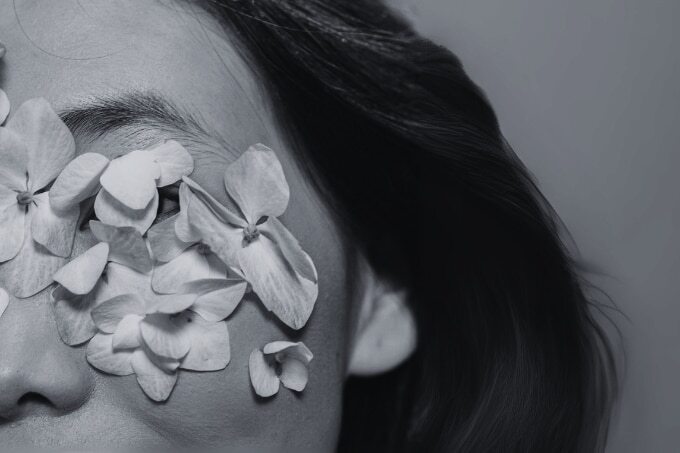If you're dealing with pesky breakouts, you're not alone. Taking care of acne-prone skin can feel like navigating a maze sometimes, but fear not, we are here to help you find your way to clearer, happier skin! Whether you're battling occasional zits or full-on flare-ups, a solid skincare routine tailored to your skin's needs can make all the difference. Let's dive into some simple yet effective tips to keep those blemishes at bay and boost your confidence.
Natural Argan Oil & Lavender Sulfate Free Anti-Frizz Shampoo - 400ml
₹658
₹658
SHOP NOW








